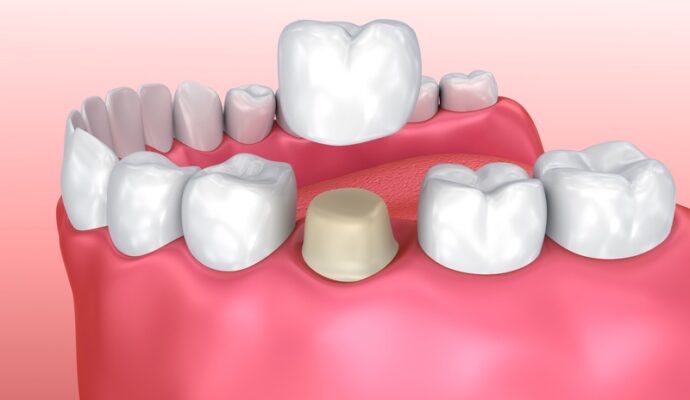Dental health significantly impacts sleep and overall well-being. Poor oral hygiene can lead to sleep apnea infections and disturbing sleep patterns. Conversely, proper dental care, like regular brushing, flossing, and dental check-ups, can prevent these problems. Healthy teeth reduce the risk of discomfort and disease, promoting uninterrupted sleep and general health. Thus, maintaining good oral hygiene preserves your smile and enhances sleep quality and overall well-being, demonstrating the deep connection between dental care and daily life quality.
How Preventative Dental Care Improves Your Sleep and Health
Maintaining good dental hygiene is essential for a radiant smile and improved sleep. Poor dental health can cause sleep-disrupting conditions like sleep apnea, where blocked airways interrupt breathing and disturb sleep quality. Simple actions—brushing, flossing, and regular dental check-ups—can prevent such problems. These habits ensure a cleaner mouth, reducing the risk of oral infections that could lead to airway blockages. By caring for your dental health, you also support better rest and sleep better, contributing to overall well-being. So, good oral hygiene is linked to a healthy smile and better sleep.
Common Dental Problems That Impact Sleep
Several dental issues can have a direct impact on your sleep. These include:
-
Teeth grinding (bruxism) – Often occurs during sleep and can cause jaw pain, headaches, and worn-down teeth.
-
Sleep apnea – linked to dental health, as the structure of your mouth can contribute to airway blockages.
-
Toothaches – Pain from cavities or other dental issues can disrupt your sleep.
-
TMJ disorders – Discomfort in the jaw joint can make sleeping difficult.
Daily Dental Care Routine Practices
To guard against these issues, a consistent dental care routine is vital. Here’s a basic daily routine:
-
Brush twice a day – Use fluoride toothpaste and a soft-bristled brush.
-
Floss daily – Removes plaque and food particles between teeth where a toothbrush can’t reach.
-
Rinse with mouthwash – It helps to kill bacteria and freshen your breath.
-
Limit sugary foods and drinks – Reduces the risk of cavities and tooth decay.
Regular Dental Visits and Other Preventative Measures
Alongside your daily routine, seeing your dentist regularly is vital. Routine check-ups can catch problems early before they escalate into more significant issues. Your dentist can also provide custom solutions like night guards for bruxism or advice on other dental concerns affecting your sleep.
For example, if you learn about TMJ and TMD treatments, you might find relief from jaw pain or discomfort, making it easier to sleep through the night.
The Link Between Oral Health and Overall Well-being
There’s a significant link between your oral health and your overall well-being. Poor oral hygiene can lead to gum disease, which has been linked to severe health conditions like heart disease, diabetes, and respiratory problems. Maintaining good dental health is a proactive step towards better health.
Additional Tips for Better Sleep and Health
Reducing stress and living a balanced lifestyle also contribute to good dental health and quality sleep. Stress can exacerbate dental issues like bruxism, and poor sleep can influence one’s ability to manage stress. Finding ways to relax and unwind can, therefore, have multiple benefits.
Additionally, staying hydrated is crucial. Water helps maintain saliva production, naturally protecting teeth by washing away food particles and neutralizing acids.
Final Thoughts
Dental care extends beyond achieving a bright smile; it’s crucial for overall health and sleep quality. Emphasizing preventative measures, like maintaining a proper dental hygiene routine, ensures long-term benefits. Regular dental check-ups detect issues early, preventing complications. Adopting a balanced lifestyle, including nutrition and hydration, also supports oral health. Proper dental care prevents cavities and gum diseases and contributes to better sleep and overall wellness. Remember, a healthy mouth reflects a healthy body, making dental care essential.




